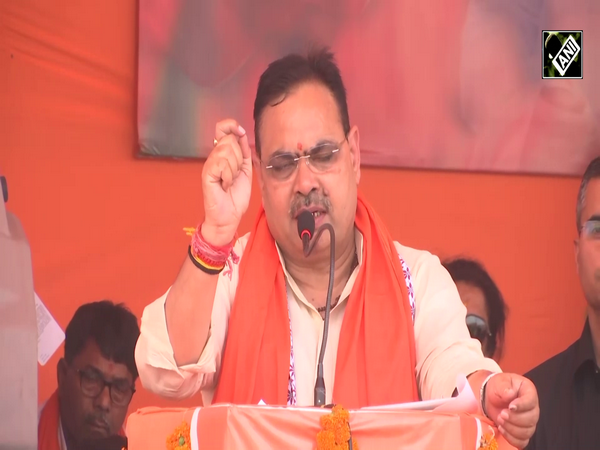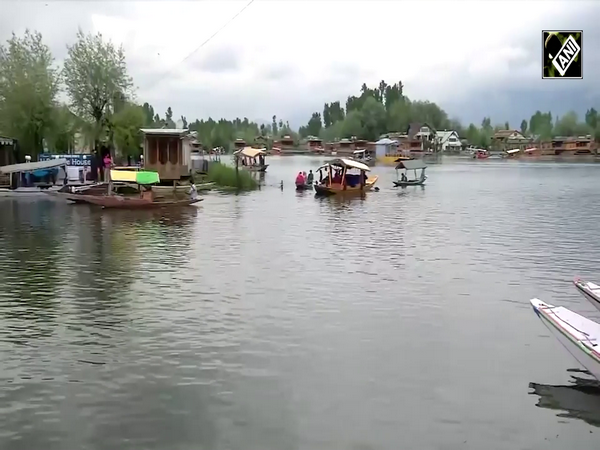'Naya J&K' turns digital, verification of new recruits just a click away
May 24, 2022

rinagar [Jammu and Kashmir], May 24 : Scrapping the decade-old practice of physical verification of the aspirants on their appointment to any position in the government, Jammu and Kashmir administration has made the employment verification process digital through a specially designed web portal as the exercise has to be completed within a month's time.
The new system, which will come into effect from the beginning of June this year, will end the previous practice of newly appointed officials submitting their verification rolls manually. In "Naya J&K" the newly appointed candidates would no longer have to wait for physical verification of their antecedents.
By switching over from manual to digital mode, it is expected that employment verification would become speedier, time-bound, and transparent. The verification process of newly appointed employees in Jammu and Kashmir used to be a lengthy and tedious process. The candidates had to wait for months to get their first salary. The erstwhile political regimes never made an attempt to simplify the verification exercise. However, the present dispensation in 'Naya J&K' has broken the ice by making things simpler for the new recruits.
For the past so many years all these aspects were verified physically and it took months for the process to get completed. After June 1, 2022, candidates freshly selected for various positions in government departments in J&K will have to submit their credentials through a web-based application.
The Employee Verification System (EVS) has been developed to undertake the process of verification of employees' character and antecedents to make the system transparent and minimize the procedural delays that hamper the efficient and speedy processing of verification. The details of all candidates shall be submitted through the online mode to the Crime Investigation Department (CID) headquarters for verification. Manual submission of PVR won't be entertained.
After ensuring that the eligibility conditions pertaining to educational qualifications, age, and reservation have been met and are backed by genuine certificates, the appointing authority shall forward the verification rolls to the CID for field inquiries and check of criminal records to ascertain the character, conduct and antecedents of the selected candidates through its field functionaries, and this too shall take place via the digital platform.
The introduction of a new online verification system for employees shows the commitment of the government to facilitate the entry of youth into the system in a smooth way. The politicians, who ruled J&K, till August 5, 2019--when the Centre announced its decision to abrogate the so-called special status of the Himalayan region and divided it into two Union Territories--were so busy in projecting Kashmir as an "issue" that they had no time to think about innovations that could help the youth and make their entry into system easy.
Since the day J&K's status-quo has changed the government has introduced technology in every sector and hectic efforts are being made to put J&K on top of the map of "Digital India." The initiatives taken by the government have helped the common man in every sphere of life.
The online verification process is all set to open a new chapter in the history of J&K. The candidates no longer will have to run with their files from one office to another to get the clearance. Once they get appointment letters they will be just a click away from submitting their credentials.
Jammu and Kashmir with each passing day are becoming incredible and are emerging as a model in the entire country. No stone is being left unturned to bring the Himalayan region to par with the other States and Union Territories across India.
The steps that are being taken were not even heard off till the dispensation led by Prime Minister, Narendra Modi, revoked Article 370, a temporary provision in the Constitution of India, and merged J&K completely with the Union of India. The move has brought the erstwhile princely state closer to the country and the common man has been the biggest beneficiary.
















